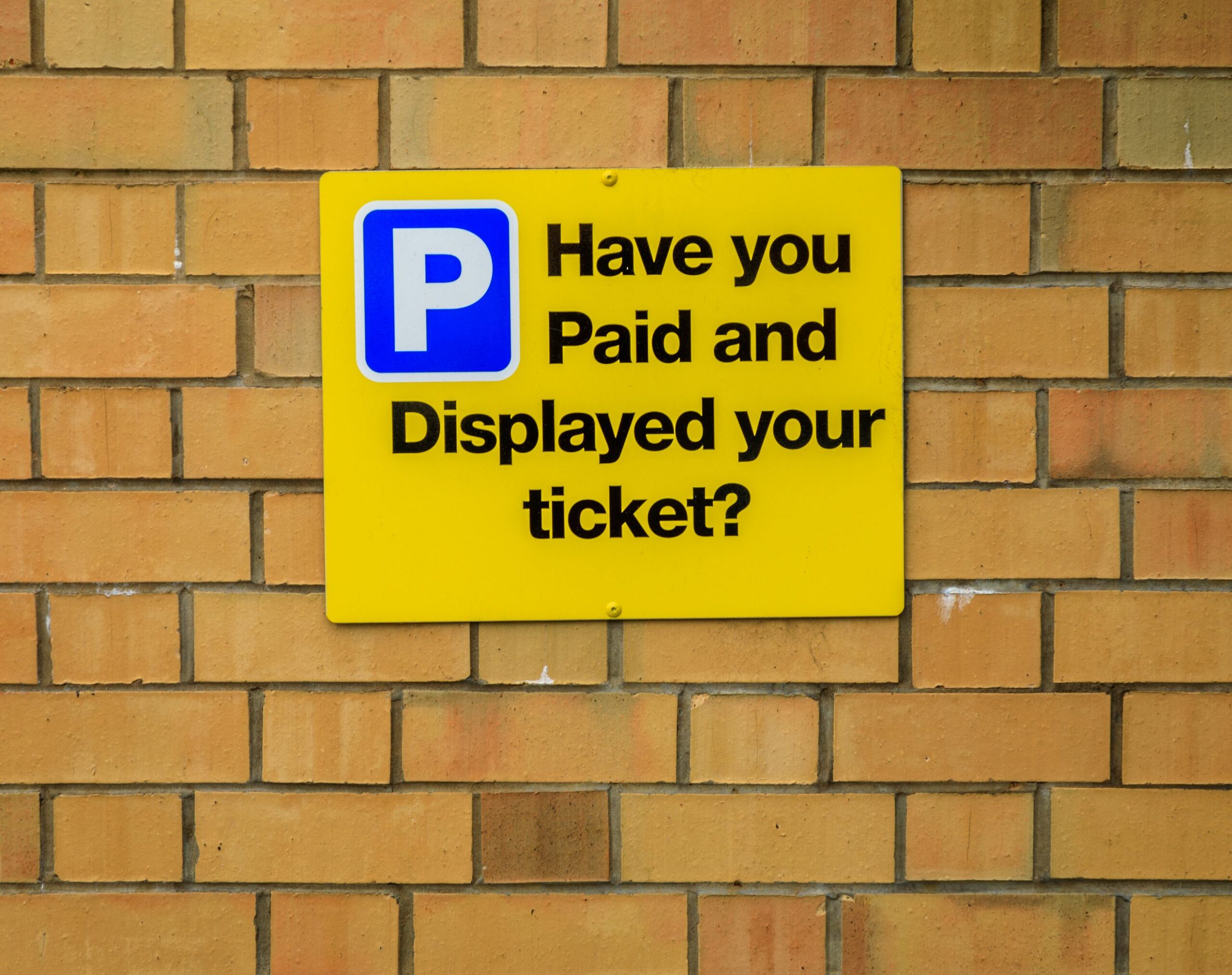Table of Contents – Quickly find an area of interest
Introducing digital parking enforcement systems in the ever-evolving urban transportation landscape represents a significant leap forward.
This innovative approach to parking management simplifies the process for operators and users and ensures a more efficient and effective enforcement of parking regulations.
Understanding Digital Parking Enforcement
Digital parking enforcement, interchangeably known as digital citation management or mobile parking enforcement, is a technology-driven approach designed to enhance the monitoring and management of parked vehicles.
This system empowers municipalities, universities, and private (SMB) operators to monitor parked cars, verify parking rates and rules compliance, and issue citations more accurately and efficiently.
Key Components of Digital Parking Enforcement:
- Cloud-Based Systems
Central to digital parking enforcement is its cloud-based nature, allowing for real-time access to enforcement systems via connected handheld devices. - License Plate Recognition (LPR)
LPR technology is integrated into the enforcement system for swift compliance checks by utilizing cameras to read license plates quickly and accurately. - Online Citation Management
This feature facilitates immediate payment of parking tickets, enhancing user convenience and compliance.
Advantages of Digital Parking Enforcement
The adoption of digital parking enforcement systems offers numerous benefits:
- Enhanced Efficiency
The system streamlines operations by eliminating manual processes such as handwritten tickets and in-person payments. - Real-Time Data Access:
Enforcement officers gain access to up-to-date information, leading to more accurate citation issuance. - Improved Compliance
The immediacy of online citation payments fosters a higher compliance rate. - Cost Savings
Reducing manual input and faster citation processes lower operational costs. - Strategic Decision Making
Custom reporting and data visualization tools aid in making informed decisions.
The Impact on Various Stakeholders
Digital parking enforcement systems are versatile, benefiting a wide range of users:
- Municipalities
For city parking management, both on-street and off-street. - Educational Institutions
Universities can manage parking for students, faculty, and event-related needs. - Healthcare and Corporate Entities
Hospitals and corporate campuses can regulate parking spaces effectively. - Airports and Private Operators
These systems cater to the unique requirements of airports and private parking operators.
Driver Benefits
For drivers, the digital approach simplifies the often stressful process of dealing with parking tickets:
- Ease of Payment
Online portals allow for quick and straightforward ticket payments. - Real-Time Citation Processing
Immediate entry of citations into the system expedites the payment process. - Cost-Effective
Reduction in mailing costs for citation notices. - Higher Compliance and Revenue
The system’s convenience encourages timely payments, increasing revenue from citations.
The integration of digital parking enforcement systems marks a significant stride in the realm of urban mobility.
By harnessing the power of technology, these systems streamline the enforcement process and contribute to a more organized, compliant, and user-friendly parking experience.
